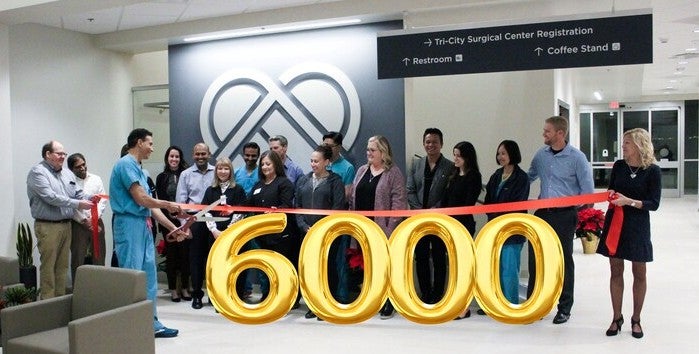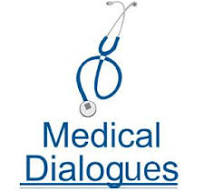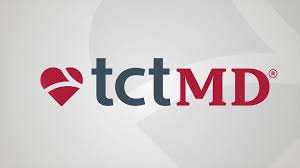Current Clinic, which describes itself as “the first healthcare network in the United States focused on atrial fibrillation and cardiac arrhythmia care” delivered through an “ASC-based” model, said it successfully completed its first cardiac ablation procedures late last month at its Carlsbad, N.M. location, calling them “the first cardiac ablations…
ASC development and management company Compass Surgical Partners has partnered with local physicians to develop and launch the Cardiovascular Surgical Institute of Northwest Florida, which began performing cases at its Panama City location last month. The 8,000-square-foot outpatient facility offers interventional cardiology, electrophysiology, and vascular surgery procedures. Compass, referring to…
Is your facility curious about robotically assisted mitral valve repair? Cleveland Clinic, which has now performed more than 2,600 of these operations, has plenty to share with you about it. And it claims that its safety and efficacy are “comparable” to open repair. Cardiothoracic surgeon Per Wierup, MD, PhD, whom Cleveland…
The Medical University of South Carolina (MUSC) this week posted a compelling story about a notable medical assistant who provides deeply personal counsel to anxious heart failure patients. The story shows perioperative leaders how thoughtful staffing can immensely improve the patient experience. It focuses on medical assistant Tina McCorkle, who talks…

Tri-City Cardiology Ambulatory Surgical Center announced on Dec. 29 that it had surpassed 6,000 completed procedures, which it said underscores its commitment and ability to deliver “high-quality, patient-centered cardiovascular care in an outpatient setting.” The Mesa, Ariz.-based practice said Tri-City Cardiology ASC was designed to expand patient access to “highly personalized…

Editor's Note A Phase III clinical trial comparing transcatheter aortic valve replacement (TAVR) with traditional open-heart surgery found no significant differences in key health outcomes 7 years after treatment, Cedars-Sinai October 27 reports. The international PARTNER 3 trial, led by Raj Makkar, MD, and published in The New England Journal…

Editor's Note Copeptin levels surge during cardiopulmonary bypass (CPB), marking it as a potential biomarker for physiological stress in cardiac surgery, according to a May 13 article in Medical Dialogues. The article details a prospective cohort study, published in the Journal of Cardiothoracic and Vascular Anesthesia, involving 61 adult patients…

Editor's Note Air quality in cardiac ORs may be a silent driver of surgical site infections (SSIs), with airborne contamination linked to significantly elevated infection risk and mortality—especially when ventilation is suboptimal. A newly published study covered by Medical Dialogues May 19 reveals that one-third of bacteria in cardiac procedures…

Editor's Note The first study to evaluate percutaneous coronary interventions (PCI) in Medicare beneficiaries treated at ambulatory surgery centers (ASCs) found similar short-term safety outcomes as hospital outpatient departments (HOPDs). As detailed in an announcement from The Society for Cardiovascular Angiography & Interventions (SCAI), the research was presented on May…

Editor's Note Same-day discharge following catheter ablation is both safe and increasingly standard in appropriately selected patients, according to a new joint scientific statement from the Heart Rhythm Society and the American College of Cardiology, TCTMD April 24 reports. The statement reflects growing evidence and clinical experience suggesting that, with…